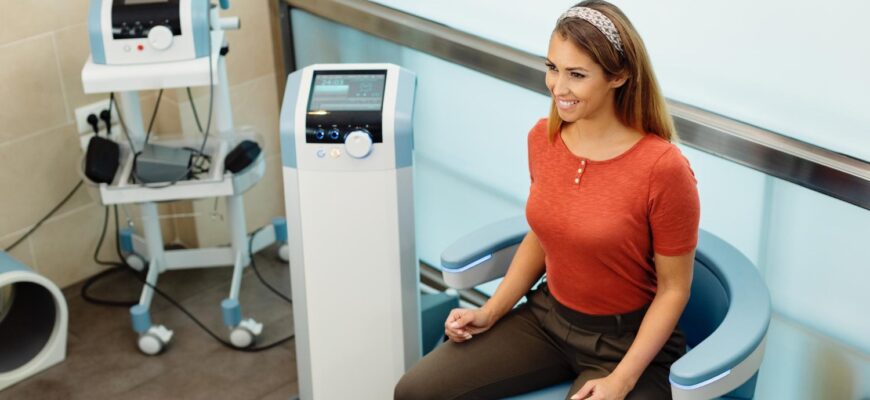Choosing the right medical equipment is crucial for any hospital, and patient scales are no exception. Accurate weight measurements are essential for proper diagnoses, medication dosing, and treatment plans.
Yet, many hospitals make simple but costly mistakes when purchasing patient scales and medical equipment. These mistakes can lead to inefficiencies, safety issues, and even legal troubles that could easily be avoided with the right approach.
Whether it’s picking the wrong type of scale, ignoring key features, or overlooking long-term maintenance, these errors can impact patient care and hospital operations more than you might expect. Being aware of these pitfalls is the first step toward making smarter, safer buying decisions.
Let’s break down the most common mistakes and how your hospital can avoid them.
1. Not Considering Patient Diversity
One big mistake is buying scales that don’t meet the needs of all patients. Hospitals serve a wide range of people—children, elderly patients, people with disabilities, and bariatric patients. A standard scale won’t be enough for everyone.
-
How to Avoid:
Choose a mix of scales, like wheelchair scales, bariatric scales, and pediatric scales. Always check weight capacity and design to ensure safety and comfort for all patient types.
2. Ignoring the Need for Mobility
Some hospitals purchase heavy, stationary scales that are hard to move. This can slow down workflows, especially in busy wards or emergency rooms.
-
How to Avoid:
Opt for portable patient scales with wheels or lightweight designs. These make it easy for staff to bring the equipment to the patient instead of moving patients to the equipment.
3. Overlooking Maintenance and Calibration
Accurate readings depend on regular maintenance and calibration. Some hospitals skip this step or fail to set up a schedule, risking inaccurate results.
-
How to Avoid:
Work with suppliers that offer maintenance plans. Set a routine for regular calibration and staff training to keep the scales in top shape.
4. Prioritizing Cost Over Quality
It’s tempting to save money by choosing the cheapest option. However, low-cost patient scales medical equipment may wear out faster or give unreliable readings, leading to higher costs down the line.
-
How to Avoid:
Always balance price with quality and durability. Look for trusted brands with good warranties and strong customer reviews. Investing in quality pays off in the long run.
5. Forgetting About Compliance and Safety Standards
Healthcare equipment must meet strict safety and compliance standards. Some hospitals fail to check whether their new scales meet legal and medical guidelines.
-
How to Avoid:
Before making a purchase, confirm that the scales meet local and international health standards, such as ISO or CE certifications. This step helps protect your patients and your hospital from legal issues.
Final Thoughts
Buying patient scales may seem like a simple task, but it carries a lot of responsibility. From patient diversity to legal standards, there are many factors to consider. Avoiding these common mistakes ensures your hospital provides safe, accurate, and efficient care.
In conclusion, patient scales medical equipment should never be an afterthought. Choosing wisely not only improves patient care but also protects your hospital from future headaches. Take your time, ask the right questions, and partner with reliable suppliers to get it right.

